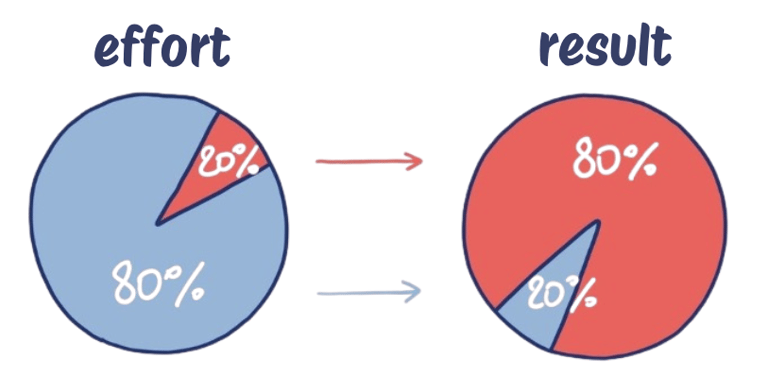50 Essential Spoken French Expressions You Should Know
Learning French can feel overwhelming with thousands of words and grammar rules. But in real-life situations, a small number of expressions cover most daily interactions. By focusing on the most frequent and useful phrases, you can understand and participate in about 80% of everyday conversations — even as a beginner.
This approach is based on the Pareto principle (20/80 rule): learn the 20% of expressions that are used most often to achieve 80% of practical results.


Why High-Frequency Expressions Matter
Many learners spend years memorizing vocabulary or complex grammar, yet struggle to understand real spoken French. The solution is to focus on expressions used every day by native speakers, which help you:
Greet and interact naturally
Agree and confirm like a local
Express emotions authentically
Make plans and respond smoothly
Mastering these core expressions builds confidence and helps you sound natural in everyday French.
Examples of Essential Spoken French Expressions
Here are some high-frequency phrases to start using immediately:
Greetings: Bonjour, Salut, Ça va ?
Agreement: Exactement, Bien sûr, D’accord
Emotions: C’est génial !, Pas possible !, Je suis content(e)
Making plans: On se voit demain ?, Ça te va ?, À quelle heure ?
Even learning these 50 essential expressions will dramatically improve your comprehension and conversational skills.
How to Practice These Expressions Effectively
Speak aloud – repetition helps internalize phrases.
Use them in context – practice in real conversations or role-play.
Listen to native speakers – improve pronunciation, rhythm, and intonation.
💡 For a structured learning resource, check out my video where these 50 expressions are explained and demonstrated in real-life contexts — perfect for practicing at your own pace.


Accelerate Your French With the Pareto Method
The 20/80 principle can also be applied to other areas of French learning:
50 Essential French Verbs – master the most common verbs for 80% of conversations
5 Key Tenses – use just a few tenses to handle 90% of everyday situations
By focusing on what really matters, you learn faster, speak confidently, and enjoy real progress.
